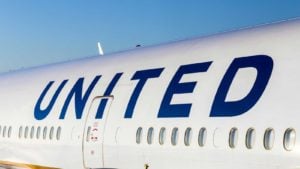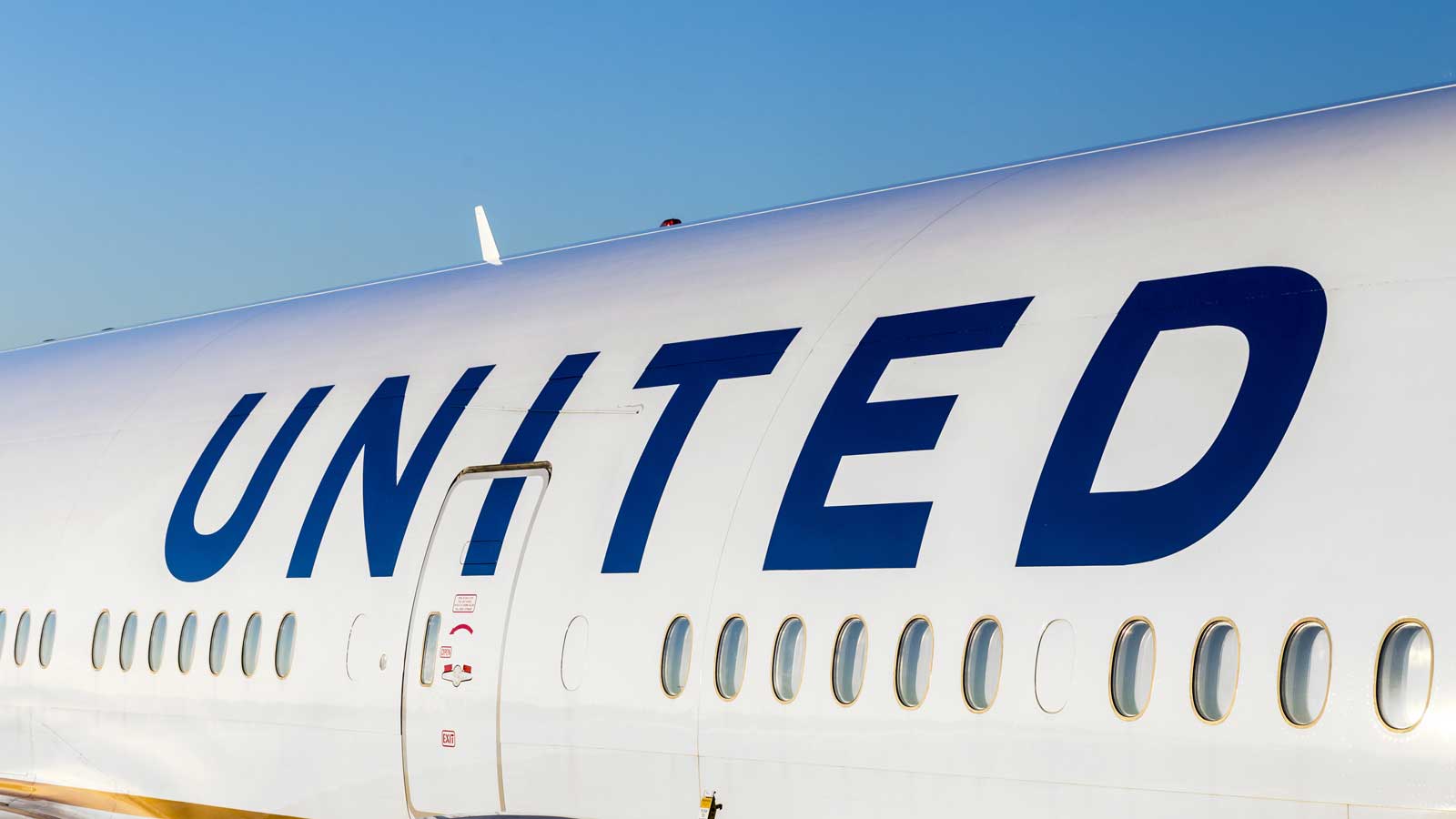The aviation industry was hit harder than many other sectors during the spread of the novel coronavirus. United Airlines (NASDAQ:UAL) struggled as demand for flights declined, sparking heavy selling of United Airlines stock.

Is there hope for a sustained turnaround of the airlines? A recent filing seems to suggest that United Airlines is optimistic about its outlook. Or if it’s not optimistic, then at least it’s not entirely pessimistic.
Also, the airline is taking measures to shore up its liquidity. That could be crucial to ensuring the company’s survival during these challenging times.
But as they say in the financial markets, there’s no such thing as a free lunch. United Airlines’ capital raising might have consequences. And frankly, the owners of United Airlines stock might not like those consequences.
A Closer Look at United Airlines
The price action of the shares is similar to what we’ve seen from other major U.S. airline carriers. However, some traders might say that this stock was hit especially hard. And they might have a fair point.
At the beginning of this year, United’s shares were trading for nearly $90 apiece. Its situation was looking pretty good, as the stock was at the top of its price range. That range, from $80 to $90, had been intact since the summer of 2018.
The onset of the coronavirus, along with stay-at-home mandates, took the stock out of its range in the worst possible way. There was a real threat of the shares breaking below $20 at one point.
Today the bulls are working hard to push the stock above $40 and, just as importantly, to keep it there. Their success will depend not only on the recovery of the economy generally, but also on United Airlines’ ability to convince its shareholders that it’s in a solid financial position.
Capital Lifelines
At the very least, we can say that the company appears to have some optimism regarding its financial footing. To be more specific, in a recent statement United Airlines expressed its expectation that the airline will have roughly $17 billion worth of liquidity available by September.
High hopes are all fine and good, but informed investors will undoubtedly want to know where United Airlines expects all of this money to come from. Fortunately, at least some of the capital does seem to be coming from reliable sources.
$5 billion of the $17 billion will evidently come from a loan backed by United Airlines’ loyalty program, known as MileagePlus. That’s a reliable source of committed financing, so the airline’s shareholders have no reason to doubt that it will have access to those funds.
Will More Money Create More Problems?
Another $4.5 billion is expected to come from the government loan program known as CARES. Again, this source of funding seems reliable enough. In its statement, United Airlines expresses confidence that these two funding sources will work out as planned:
“The company believes it has sufficient slots, gates and routes collateral available to meet the collateral coverage that may be required for the full $4.5 billion available to the company under the Loan Program… This $9.5 billion of additional liquidity will provide even more flexibility as the airline navigates the most disruptive financial crisis in the history of aviation.”
But what about the rest of the $17 billion? At least some of that, apparently, will be derived from selling up to 28 million shares of UAL stock. Stockholders have every reason to be concerned about the dilutive effect of issuing so many shares.
And while the airline says that it “continues to see..steady improvement” in domestic travel as well as certain international travel, a realistic outlook must consider the possibility of a second wave of the coronavirus. That would impede any “steady improvement” and, in all likelihood, have a negative impact on the stock price.
The Bottom Line on United Airlines stock
The company can spin its outlook toward the positive side of things, but investors must be realistic. Its path forward is unclear, and the possibility of share dilution shouldn’t give current United stockholders much comfort at all.
As of this writing, David Moadel did not hold a position in any of the aforementioned securities.
